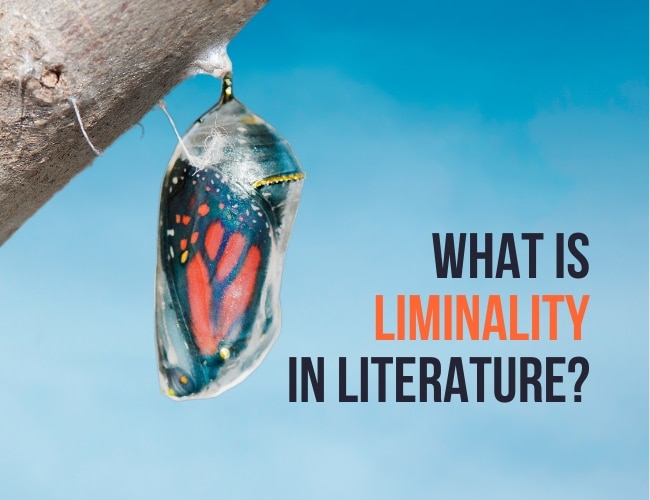
by Joe Bunting |
Chuck Wendig says writing the middle of a novel is the hardest part. He calls it the Mushy Middle. Others call it the Sagging Middle. Or even the Middle-of-the-Novel Mud.
Many writers know how to begin their story and how it will end, but what’s supposed to happen in the middle?
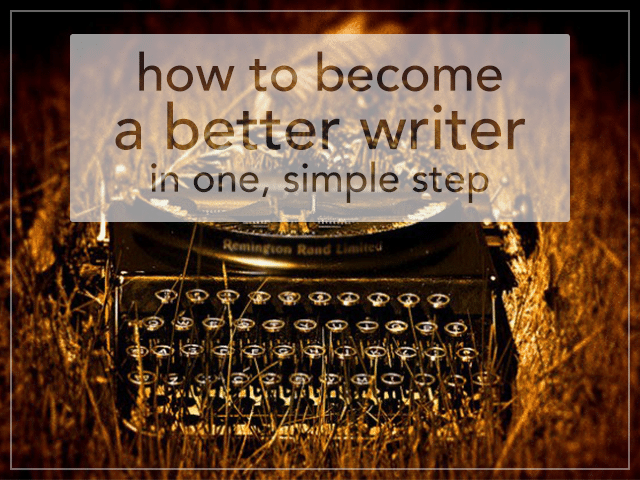
by Joe Bunting |
Want to write better stories, essays, and blog posts? There’s one trick that you can do to easily become a better writer.
I’ve read a lot of writing by amateur writers both in my work as a professional editor and as the moderator of this blog, and I’ve found that there’s one, single piece of advice I give most often.
If you master this technique, you will quickly go from a mediocre writer to someone who writes stories that people read and say, “Wow! You wrote this?”
So how do you become a better writer?
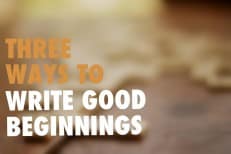
by The Magic Violinist |
Just like with people, it’s important for a book to make a good first impression. Good beginnings are vital because it is your chance to draw your reader into the story. The first few pages, even the first sentence, can be what lead your reader to stay with it until the end. Hooking your reader can be extremely hard to do, so it’s good to keep a few things in mind as you’re writing. Here are three of my tips.
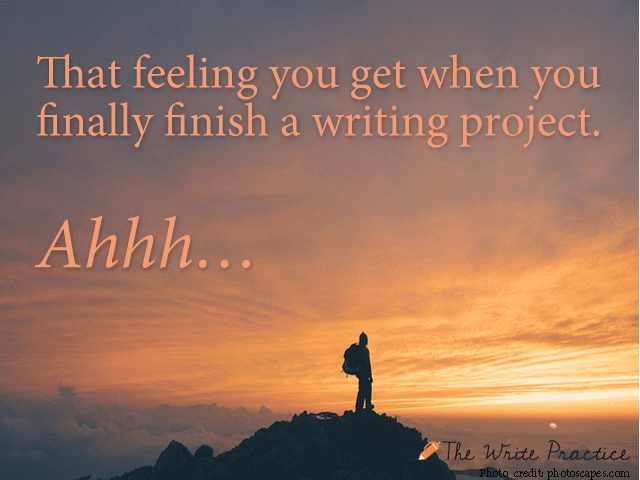
by Joe Bunting |
I just finished a very important writing project, a proposal for a new book project I’m ghostwriting. It was a tough project, one that took a month longer than expected, and included a journey around the world, dozens of hours of research, a few exhausting back-and-forths with my client, and over 10,000 words of writing.
Yesterday, I read through my finished proposal and then sent it off to my agent.
Man, it feels so good.
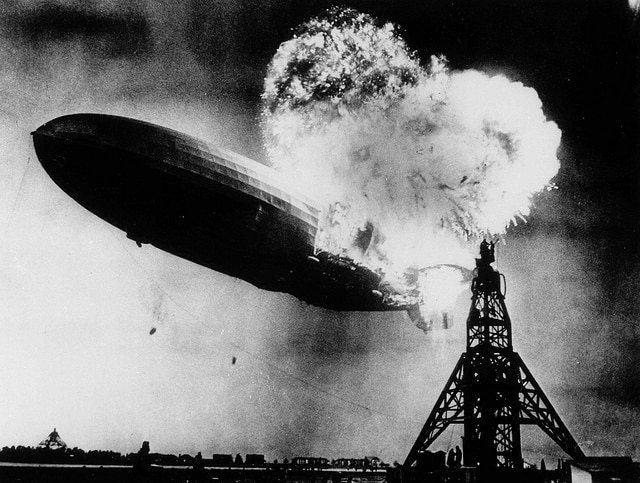
by Liz Bureman |
Sometimes you have a bad day. Sometimes that bad day stretches into a bad week, or a bad month, if you’re really struggling. Usually, that’s not fun for any parties involved. However, if you’re an external observer, and the action is taking place in a book or movie, disaster can be the whole reason you’re paying any attention. If disaster is inevitable, it’s because of a concept called Finagle’s Law.

by Liz Bureman |
I have always had a thirst for knowledge and understanding. I read encyclopedias for fun in the 4th grade, and I dominate at trivia to this day. This doesn’t always work well in the writing world. Have you ever seen Lost? I’m about halfway through season three. When I first started watching the show, a friend of mine told me to expect to have a lot of my questions to be unanswered. That advice has made the viewing experience much more enjoyable because I’m not spending half of the episode trying to figure out and reason through what’s going on.
John Keats understood this artistic choice to live in the tension of mystery, and in a letter to his brothers, he gave it a name: negative capability.








